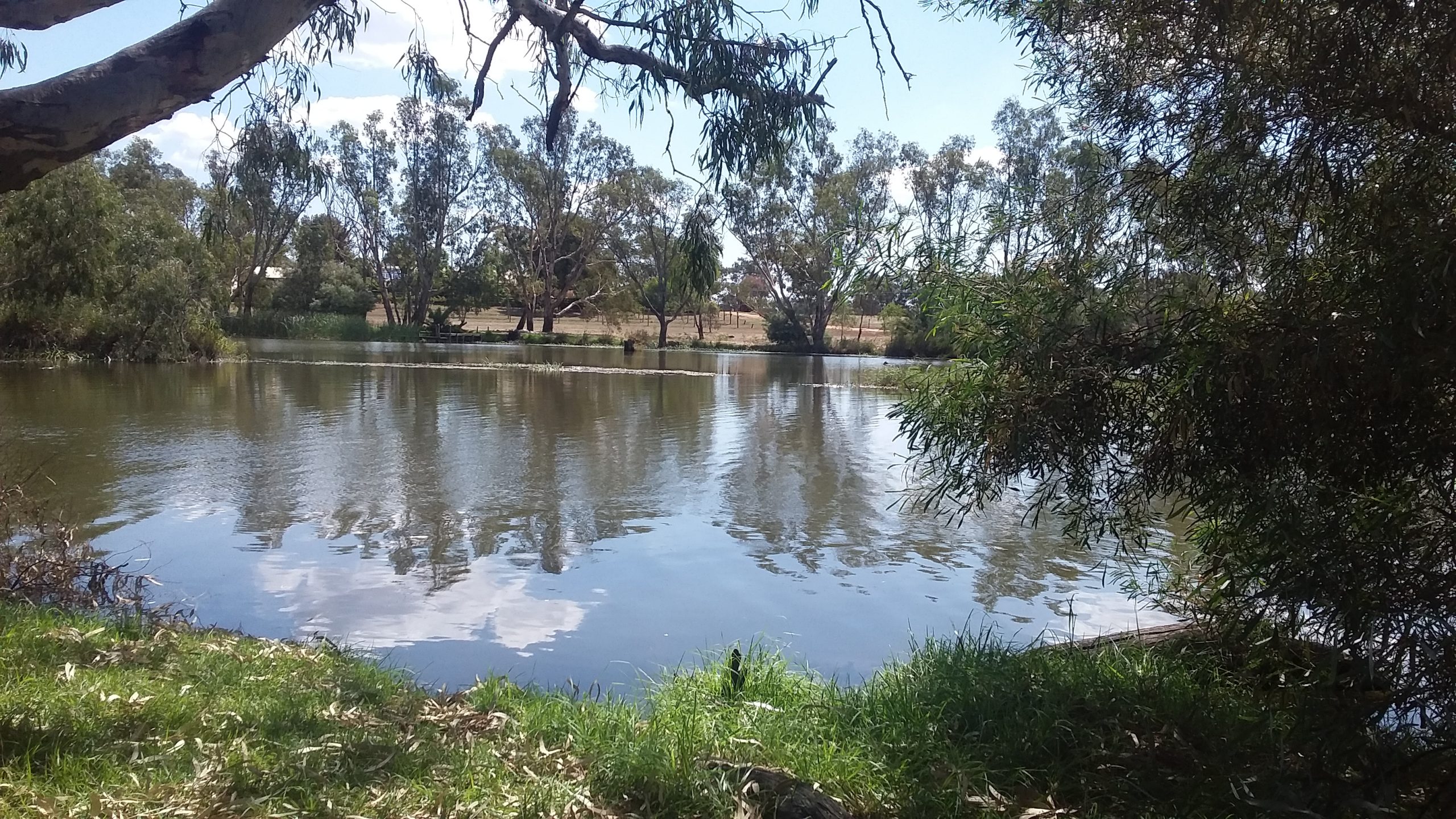Blog
Increased learning opportunities for rural and remote Australians since COVID-19

One of the positive responses to COVID-19 was the immediate and widespread use of online platforms (Zoom, Webex, Whats App, GoogleTeams etc.) for workshops, seminars, meetings and discussions.
The use of internet streaming and online webinars and workshops, not at all common before COVID-19, now offered the same learning opportunities to most Australians, regardless of whether they live in the city or the bush. This has created huge opportunities for people living in rural and remote areas.
Change from on site to online events
Pre-COVID-19 lockdowns, most professional and personal development events took place on site in capital cities and large regional towns. Those events were not accessible to many Australians living in rural, small regional or remote areas, due to long travel time and/or expense.
During COVID-19 almost all professional and personal development events were held on online, and this practice continued to some extent afterwards.
Online events are far less expensive to run than on-site events. The cost of attendance is also far less expensive.
My online professional development
As a professional editor, I have always tried to attend a relevant training or development event every two or three months. But I live in a regional area, 2 hours’ travel from the city.
Pre-COVID-19, there were only a few online courses or events available; and it was time-consuming and a little expensive for me to travel to the city where almost all those events took place.
But during the COVID-19 lockdowns, the Institute of Professional Editors (IPEd) and other organisations held all their professional development events online. I attended a range of different events held in various locations including Melbourne, Hobart, Brisbane and Canberra.
And since those COVID days, the tendency is to either offer online events, or offer hybrid on-site and online events.
This development where events are often accessible online means that nowadays these events are more accessible and affordable.
Edited by Dee Sansom, On Time Typing, Editing and Proofreading
Image: Copyright SW Kane.
Back To Blog

